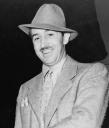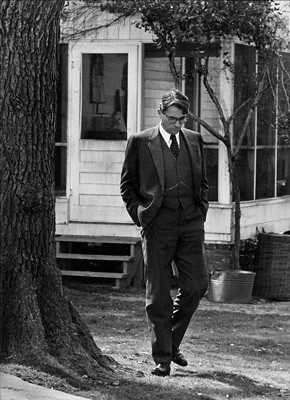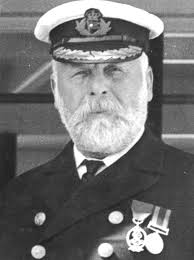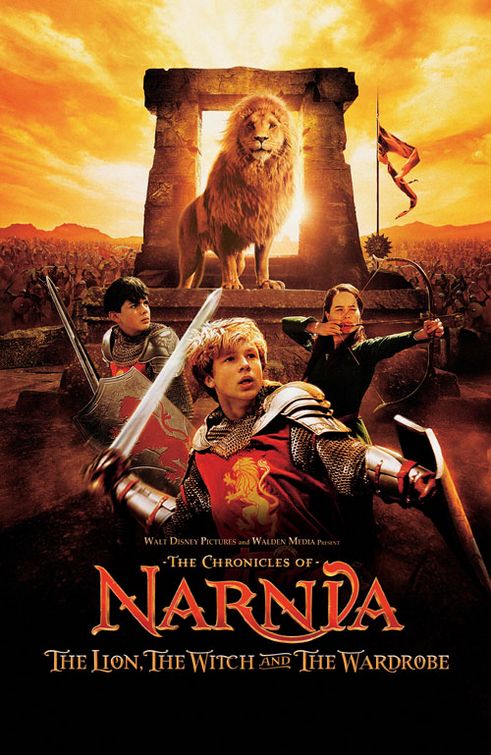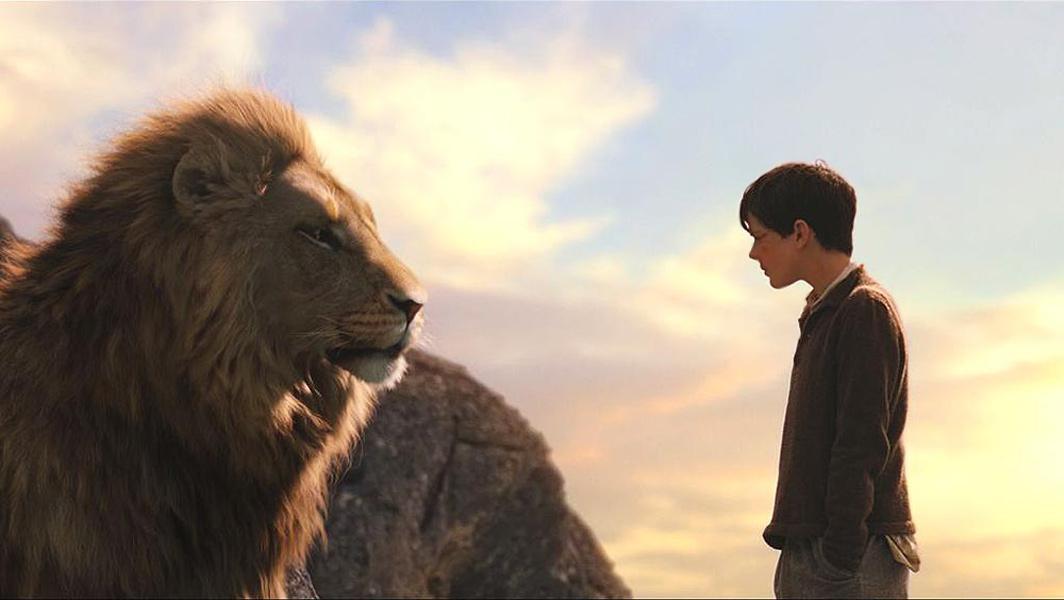 Many heroes have a villain as their antithesis. This villain is the obstacle that the hero must overcome. My own favorite hero is George Bailey from It's A Wonderful Life. I think he is the best example of a hero for a variety of reasons that I will not delve into here. George, in true hero fashion, has one of the cruelest and most evil villains of all time in Mr. Potter.
Many heroes have a villain as their antithesis. This villain is the obstacle that the hero must overcome. My own favorite hero is George Bailey from It's A Wonderful Life. I think he is the best example of a hero for a variety of reasons that I will not delve into here. George, in true hero fashion, has one of the cruelest and most evil villains of all time in Mr. Potter.
We are first introduced to Mr. Potter when George is a young boy. If you have never seen the movie, It's A Wonderful Life is told from the point of view of angels observing George's life. Even the angels describe Mr. Potter as the "richest and meanest man in the county." In the eyes of angels, Mr. Potter is unredeemable. The first time we see Mr. Potter he is arguing with Peter Bailey, George's father, about the fate of debtors. Peter Bailey refuses to foreclose on these people. He argues that the economy is tough and these people would pay if they could. Peter Bailey's compassion and understanding for other's misfortune is sharply contrasted with Mr. Potter's uncaring attitude. Mr. Potter is only concerned with money and his own bottom line. This is a common theme that we will see throughout the movie. Mr. Potter is only concerned with money and not other people.
Mr. Potter is constantly frustrated by the benevolence of the Baileys. He does not understand how the Baileys continually care about others and not money. The Baileys are the last people keeping Mr. Potter from control of all of Bedford Falls, which is the fictional town that It's A Wonderful Life takes place in. Mr. Potter makes many attempts to gain control over the Bailey Building and Loan Association, the business owned and run by the Bailey family. He first tries to dissolve it after the death of the founder, Peter Bailey. That attempt is thwarted by an impassioned speech by George. Mr. Potter realizes that George is the one man standing in his way of taking over the Building and Loan so he tries to tempt George with a job offer that has a large salary and promises him a way out of Bedford Falls, which he has always dreamed of. George is seriously contemplating it but once he shakes Mr. Potter's hand realizes that he cannot go through with it. This temptation is almost represented as George being tempted by the devil. I believe the filmmakers intentionally set it up this way to show not only the goodness of George but also the pure evil of Mr. Potter.
The true villainy of Mr. Potter is revealed when Billy Bailey, George's uncle and business partner, accidentally misplaces $8,000, which Mr. Potter finds. He does not return the money even though he knows whom it rightfully belongs to. Even when a desperate George comes to Mr. Potter for help, the old man refuses and calls the police on George, knowing full well that George did nothing wrong. Although it turns out okay for George at the end it is clear that Mr. Potter is a warped, frustrated old man and a true villain.[kml_flashembed movie=”http://www.youtube.com/v/mYq6TKM1waw” width=”425″ height=”350″ wmode=”transparent” /]
 Joseph Stalin is one of those historical figures who we aren't entirely sure how to categorize. Unarguably, he is one of the most influential and significant leaders of the 20th century. But is it possible to categorize him as either a hero or a villain?
Joseph Stalin is one of those historical figures who we aren't entirely sure how to categorize. Unarguably, he is one of the most influential and significant leaders of the 20th century. But is it possible to categorize him as either a hero or a villain? nism and terror.
nism and terror.

